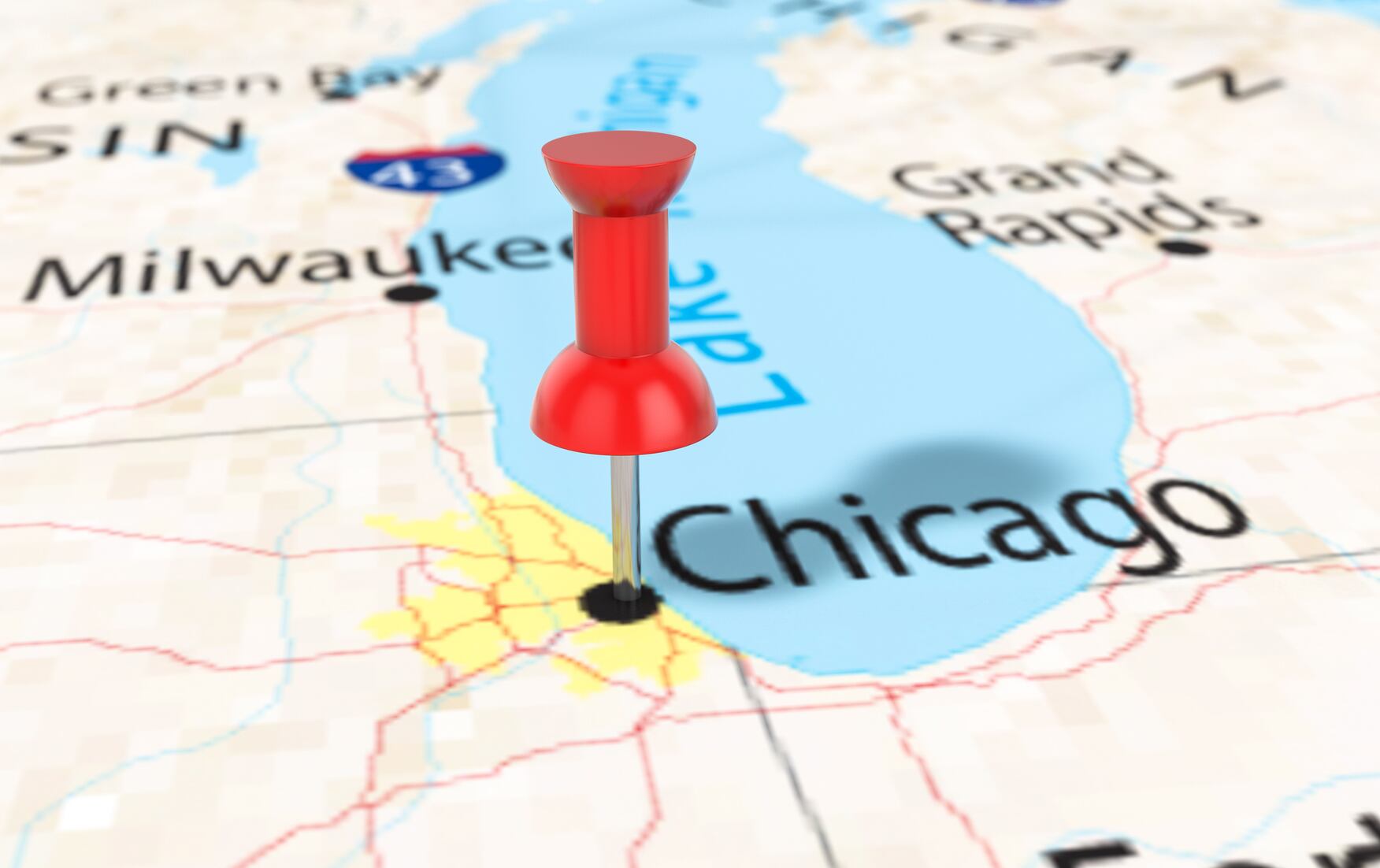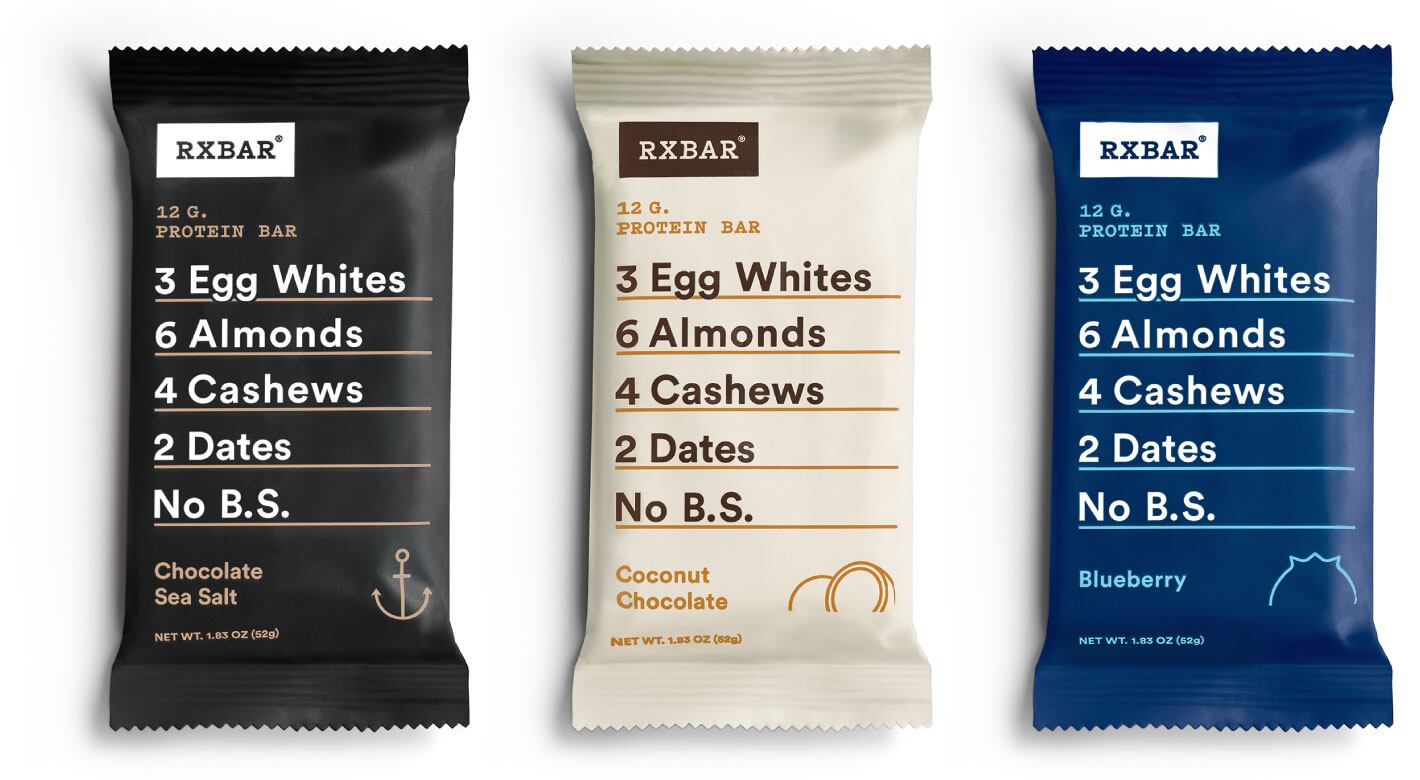The City of Big Shoulders has 4,500 food and beverage companies, from ranging in size from the enormous like Kraft-Heinz, Mondelez, ConAgra, Mars-Wrigley Confectionery, and McDonald’s to some very innovative start-ups and everything in between.
The Chicagoland Food and Business Network (CFBN) launched in April 2017 to bring the industry players together, to provide a forum for collaboration and support, and to bridge the divide between big and small. Other cities in the US are also doing a fine job of nurturing entrepreneurial food and beverage companies, but few, if any, can compare with Chicago, says Alan Reed, CFBN’s executive director.
“Because of the scale and scope of the food industry here, what I’ve heard from entrepreneurs elsewhere, if you want a food and beverage attorney in Austin there are a couple. We have 20 and they’re all experienced with different points of view,” said Reed. “It’s similar for PR firms and design agencies and accountants and consultants. With this great scale and scope comes this great depth of experience and talent.
“All of Chicago is a food incubator and accelerator because of the incredible resources and talent here, and the depth of that is probably unparalleled anywhere.”
Chicago – everyone’s kind of town

CFBN is still in its infancy, but already boasts 40 members and a variety of partners, including the Chicago-section IFT, Family Farmed, the Chicagoland Chamber of Commerce, Cook County, and more. The network hosts a variety of small events, from innovation and technology breakfasts to seminars and workshops. During its seven-month history, over 1,000 people have attended CFBN events, representing 250 different companies, said Reed.
“We need to continue to build that membership but we have a growing database of nearly 10,000 food and beverage industry professionals. A year ago we started with about 5,000.”
For those seeking examples of Chicago’s start-up culture, you don’t need to look much further than RXBar and SkinnyPop. “People know Chicago as a great restaurant city, and we’re proud of that, but in terms of packaged good we do need to tell the stories of the RXBars, the SkinnyPops, the Simple Mills, the Tiesta Teas, and the Mighty Vines,” he added.
“If you are not a Chicagoan, you probably know about the big companies and a little about our history, and you may have read Upton Sinclair’s The Jungle, and if that’s the last time you’ve updated on what’s going on in Chicago then we need to do a better job of telling the stories of the incredible start-ups and business propositions that are here"
- Alan Reed, CFBN.
“It’s not necessarily well-established that if you have a great idea in food and beverage that Chicago is the place you’d want to bring it. I think that places like Boulder and Austin have been better at telling the story for this Food 2.0, and New York and Silicon Valley where they have the funding, those look like exciting places. But we have a depth of experience that San Francisco and New York would be hard-pressed to match,” said Reed.
There’s never been a better time to be a start-up in food and beverage
The food and beverage industries are changing – a huge amount of growth at retail is being driven by small brands, and the larger players are increasingly looking at how they can support, nurture, and potentially acquire these high-growth start-ups through corporate venturing initiatives like Kellogg’s eighteen94, Tyson New Ventures, General Mills’ 301 Inc, and Coca-Cola’s VEB, to actual incubators, like Chobani’s and organizations like Chicago’s The Hatchery.
“The door is open for really good ideas to go through it,” said Reed. “In fact, the door is more open than it’s ever been, but that still doesn’t mean it’s easy.
“Food is the new internet,” he added. “If you want to change the world, start a new food company and do it in a different way.”
Pivot: Change is happening

With so many good things happening in the Chicago food scene, is there anything that keeps Reed up at night?
Yes, he says. “The change in the industry is happening so quickly and I worry that companies will not pivot quickly enough or recognize that they even should be thinking about doing business in different way.
“If you are a company in Chicago thinking that what got you here is what is going to allow you to move forward, then you may be going out of business and not even know it. We don’t want those companies going out of business. We need them to say, “I need to do this differently”. I worry that Chicago businesses will not pivot enough and that in five years all the great ideas will be in Austin and Boulder because they are willing to pivot more quickly simply because they don’t have the established base that we do.
“The good news is that we have the established base, the bad news is at a certain point that could be a disadvantage and we need to make sure it is an advantage.”
The CFBN
The network’s mission is, “To drive inclusive economic growth in Chicagoland by bringing together the region’s food and beverage industry stakeholders to pursue collaborative opportunities.”
A driving force behind its formation was the MacArthur Foundation, which had been looking for industries in Chicago that were particularly inclusive, explained Reed. “They were looking for a “cluster”, which is a group of companies in a particular industry where we would be advantaged as a region, and where there would be jobs and opportunity for everyone from entry level blue-collar all the way up to white-collar executives,” he said.
“They didn’t go looking for food but with the help of RW Ventures, which is the consulting firm they hired, they discovered that food really was the most inclusive and one of the best ways to continue to grow the economy here,” said Reed.
“It’s not just the widgets we make, it’s the jobs we create and the impact we have locally, which is special and we need to own that as an industry, and one of our key focuses is to tell the story of Chicago and to start to get the food and beverage industry to recognize, and take pride in, and to invest in this incredible asset for the economy.”

